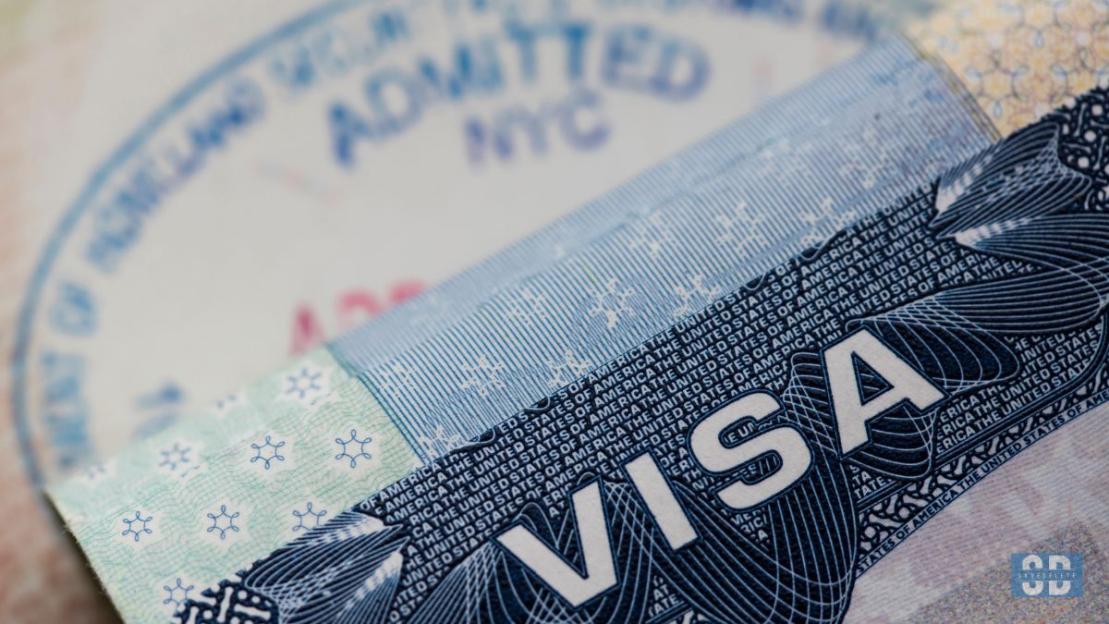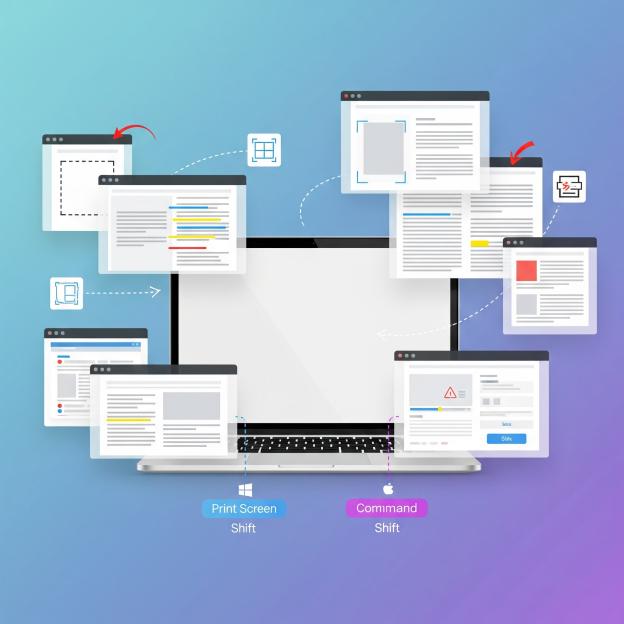Planning a trip while holding a U.S. visa? Wondering how to avoid problems at the airport or with immigration officials?
These travel tips for US visa holders will help you stay compliant, calm, and ready for your journey.
Thousands of people travel every day on nonimmigrant visas, but many don’t realize that one wrong move—like traveling without the right document or misreading your visa rules—can lead to denied re-entry, visa cancellation, or worse.
Whether you’re on a B-2, F-1, H-1B, or adjusting status to a green card, knowing how to travel legally can make or break your experience.
What Are The 10 Best Travel Tips For US Visa Holders?
Before you pack your bags, make sure you’re legally protected and logistically prepared. Here are the ten most important tips:
1. Understanding Your Visa Conditions Before Traveling
Every U.S. visa comes with its own set of travel rules. For example:
- F-1 students often need travel signatures from their Designated School Official (DSO).
- H-1B workers must travel with their latest I-797 approval notice.
- B-2 tourists cannot legally work or study.
Ignoring those restrictions can lead to serious consequences.
Let’s say, an H-1B worker re-entered the U.S. without their updated approval notice and was placed in secondary inspection, delaying their return by several hours.
Always know the documents required for your specific visa type.
2. Keeping Your Documents Organized And Up To Date
You should always carry the following when traveling internationally:
- A valid passport with at least 6 months left before expiration
- Your valid U.S. visa stamped in the passport
- A copy of your most recent form I-94 .
- Any relevant USCIS approval notices (like Form I-797)
- A support letter from your employer or school if required
- Copies of Advance Parole documents if you’re adjusting status
These documents help border officers verify your legal status. Keep both digital and physical copies just in case your luggage is lost or stolen.
For employment-based immigrants, it’s also smart to bring a copy of your I-140 approval, especially if you’re unsure about what documents required for I-140 eligibility during re-entry.
3. Verifying Your I-94 Details After Entry
The I-94 record issued when you enter the U.S. determines how long you can stay—not your visa stamp. Sometimes, officers make mistakes.
A 2023 report by the American Immigration Lawyers Association (AILA) showed that 1 in every 20 travelers experienced I-94 errors during re-entry. If your I-94 date is shorter than expected, it could put you at risk for overstaying.
This is especially crucial when your stay is connected to green card timelines or waiting for your visa number on green card to become current.
4. Knowing The Risks Of Traveling With A Pending Application
It depends. If you’re applying for an extension or change of status, leaving the U.S. may cause your application to be considered “abandoned.”
Example: A student applying for OPT (Optional Practical Training) who travels abroad before receiving the EAD card could lose their work authorization. Always talk to your immigration attorney or school official before planning international travel.
5. Carrying Advance Parole If You’re Adjusting Status
Advance Parole is a travel document issued to certain visa holders who are adjusting status. If you’re applying for a green card inside the U.S. and leave without this document, your application may be denied.
A common mistake is assuming your current visa is enough to re-enter. It’s not. USCIS requires that anyone with a pending Form I-485 (Adjustment of Status) must carry valid Advance Parole unless they’re on H-1B or L-1 status with ongoing employment.
6. Preparing For Port Of Entry Questions
U.S. Customs and Border Protection (CBP) officers can ask about your visa, employer, school, or even your intent to return home. They check if you still qualify for the visa you hold.
For instance, if you say you want to find a job while holding a B-2 tourist visa, you may be turned away. Keep your answers truthful, consistent, and concise. Having a copy of your support documents can help answer questions quickly.
7. Avoiding Overstays And Legal Complications
Overstaying—even by a few days—can result in visa revocation or bans from re-entry. Check your I-94 record and set calendar reminders to track your expiration date.
In 2024, the Department of Homeland Security reported over 350,000 visa overstays in the U.S.
Ignorance is not a defense. Leaving the country on time is crucial to maintaining future immigration benefits.
8. Carrying Documents For Domestic Travel
Yes. If you’re flying domestically or even driving within 100 miles of the U.S. border, you may encounter CBP or law enforcement.
Example: A Canadian F-1 student flying from San Diego to New York was stopped by TSA and asked for proof of visa status. Carrying her passport, I-20 form, and I-94 saved her from missing her flight.
Even within the U.S., keep your ID and visa-related documents accessible.
9. Getting Legal Advice Before Working Remotely Abroad
Remote work may sound flexible, but it’s risky if you’re on a U.S. work visa like H-1B. Technically, the job location stated in your visa petition matters.
If you work from abroad without notifying USCIS or your employer’s legal team, it could lead to violations. Always get approval before switching locations—even temporarily.
10. Being Ready For Travel Emergencies
Lost passport? Visa delays? Denied boarding? Here’s what to do:
- Contact the nearest U.S. embassy or consulate immediately
- File a police report if required for lost documents
- Email your employer, school, or attorney for help
- Keep cloud backups of your passport, visa, and immigration documents
Travel insurance with emergency support can be a lifesaver in these situations.
If you’re unsure how to handle complex travel scenarios or immigration issues abroad, it’s always best to speak with a qualified attorney.
Robinson Immigration Law helps clients navigate international travel concerns, visa renewals, re-entry complications, and green card processing with personalized guidance.
Their legal team understands how a small mistake can derail your long-term goals and works to keep your travel stress-free and compliant.
Conclusion
International and domestic travel on a U.S. visa doesn’t have to be stressful. These travel tips for US visa holders can help you stay legally compliant, avoid delays, and enjoy your journey with confidence.
Still wondering if your profession qualifies for long-term immigration options like the EB-2 NIW green card? We can help.
Reach out to us so we can evaluate your profession and guide you through your best immigration pathway. And if you’re looking for trusted legal support, contact Robinson Immigration Law at for expert guidance tailored to your visa category and travel goals.







